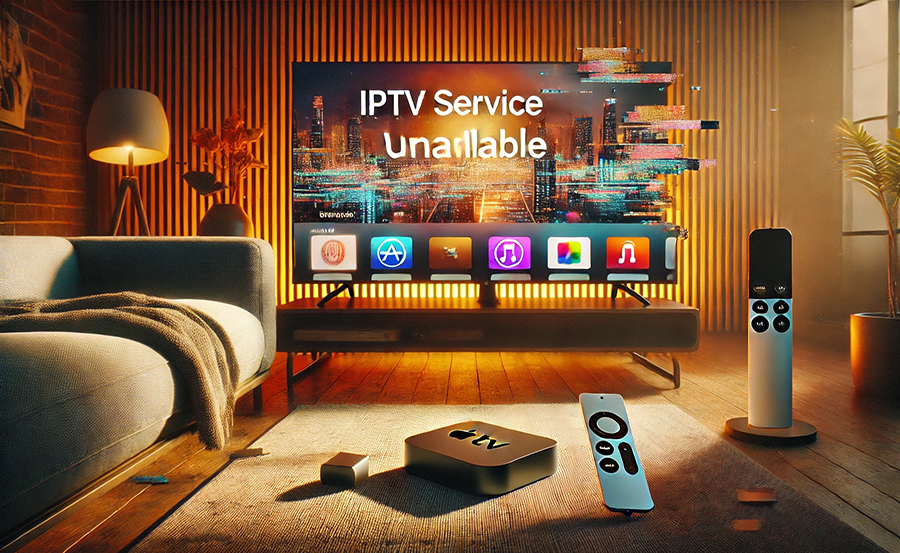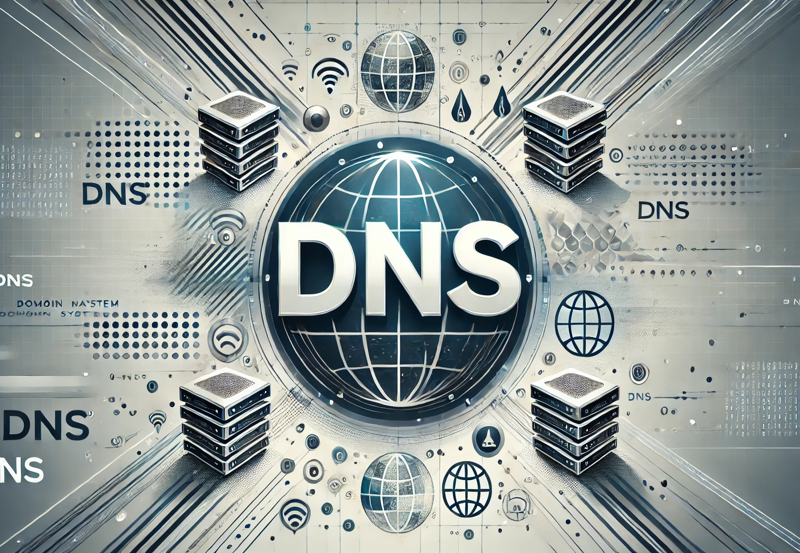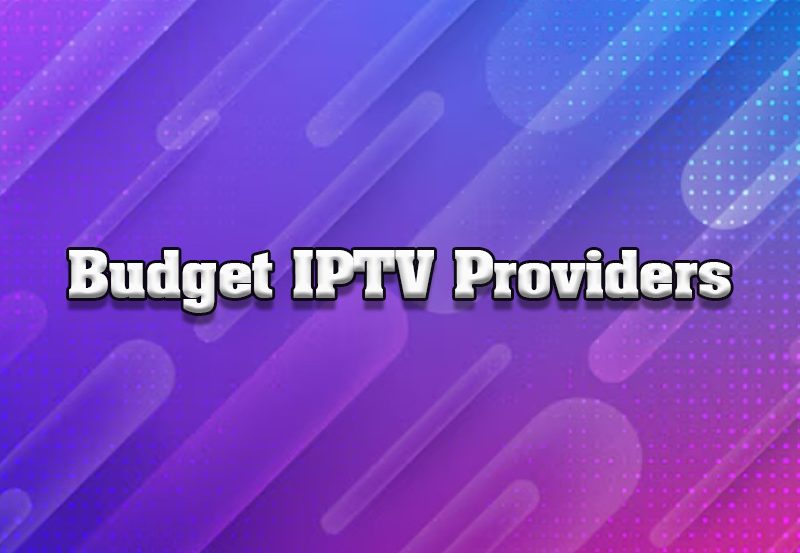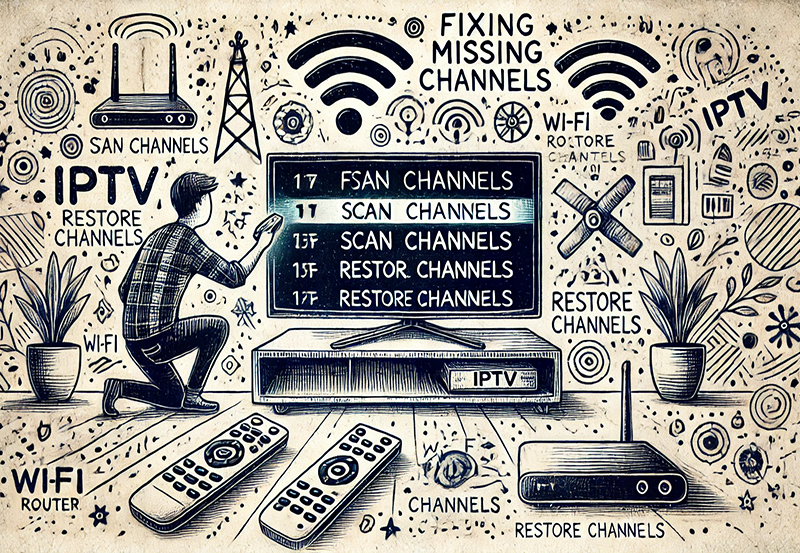Internet Protocol Television (IPTV) has revolutionized how we consume entertainment, offering a plethora of channels and content at the touch of a button. However, ensuring a smooth streaming experience often involves more than just choosing the best IPTV service providers or finding reliable IPTV resellers. One critical aspect that many overlook is optimizing firewall configurations. This article will guide you through creating the perfect firewall settings to transform your IPTV viewing habits.
Buy 1 Year IPTV Subscription and Enjoy Unlimited Content
Understanding Firewall Basics
Before diving into configuration specifics, it’s essential to grasp what a firewall is. In layman’s terms, a firewall acts as a protective barrier between your network and potential online threats. It filters incoming and outgoing traffic, ensuring that only safe communications pass through. Without a properly configured firewall, your network—and therefore your IPTV experience—can be at risk.
Functions of a Firewall
Firewalls perform several key functions:
- Traffic Monitoring: Keeps an eye on data packets entering and leaving your network.
- Access Control: Allows or blocks traffic based on predetermined security rules.
- Threat Prevention: Detects and prevents unauthorized access and cyber threats.
Types of Firewalls
There are different types of firewalls:
- Hardware Firewalls: Physical devices that form part of your network infrastructure.
- Software Firewalls: Applications installed on devices to protect individual endpoints.
- Cloud-Based Firewalls: Also known as firewall-as-a-service, offering flexible solutions for cloud environments.
Importance of Firewall Optimization for IPTV
Proper firewall configurations ensure that your IPTV streaming is uninterrupted. Without optimized settings, you might encounter buffering, poor video quality, or even complete service interruptions. These issues not only affect entertainment but can also spur frustration, losing the essence of seamless TV viewing.
Impacts on Streaming Performance
An improperly configured firewall can throttle your streaming speeds. Firewalls might mistakenly identify legitimate IPTV services as threats and block or slow them down. Adjusting configurations ensures only necessary traffic is filtered while maintaining robust security.
Security versus Performance
While securing your network is paramount, it should not come at the expense of performance. Striking a balance between iron-clad security and efficient streaming requires tweaking firewall rules—allowing necessary ports, whitelist services while blocking harmful content.
Step-by-Step Guide to Firewall Configuration for IPTV
Optimizing your firewall settings may sound complex, but breaking it down into manageable steps makes it achievable.
Identifying Necessary Ports
Knowing which ports your IPTV services use is the first step. Ports are gateways that allow data to flow in and out. Most IPTV services operate on specific ports, which you need to whitelist for uninterrupted access.
Common IPTV Ports
Here are some frequently used ports by IPTV services:
- UDP Ports: Typically used for streaming due to their speed and efficiency.
- TCP Ports: While less common for streaming, sometimes necessary for service authentication.
Updating Firewall Rules
With ports identified, the next step is to update your firewall rules accordingly. Access your firewall’s settings dashboard:
- Navigate to the ‘Settings’ area of your firewall.
- Enter the specific ports needing configuration.
- Set rules for allowing inbound and outbound traffic over these ports.
Testing Your Configuration
After configuration, test streaming to ensure everything works smoothly. Should you encounter errors, double-check port entries and settings adjustments. This step is crucial to verify that the change improves performance, not hinders it.
Choosing the Right IPTV Service Provider
While firewall settings significantly impact streaming, the choice of IPTV service provider also matters. Consider this when seeking to optimize your IPTV experience through a combination of good configurations and service quality.
Evaluating Service Providers
When comparing IPTV service options:
- Research potential providers’ reputations within the industry.
- Look for services offering robust customer support and easy payment options.
- Consider trial periods to test service quality.
The Role of IPTV Resellers
IPTV resellers can offer personalized service options. Choosing trustworthy and knowledgeable resellers ensures access to customer-oriented solutions. Resellers bridge the gap between the service provider and the user, delivering customized help when needed.
Enhancing your IPTV Viewing Experience
Optimizing your firewall and selecting the right IPTV provider are key. However, additional best practices can further enhance your viewing experience.
Network Optimization
Ensuring your network is running efficiently supports better streaming experiences. Consider these actions:
- Upgrade your internet plan for higher bandwidth.
- Use a wired Ethernet connection instead of Wi-Fi for more stable speeds.
- Keep your router firmware updated.
Improving Device Compatibility
Using compatible devices improves performance. Devices with the latest technology allow for better compatibility with advanced streaming requirements.
Creative Approach to Improving TV Experiences
Viewing television isn’t just a passive activity anymore. By taking control of how your streaming setups work, you improve not only the quality but also the satisfaction of enjoying your favorite content whenever you want.
Transforming Viewing Habits
By optimizing systems, you redefine how content is consumed. Choosing flexible, robust setups ensures uninterrupted access to diverse libraries of content without technical hindrances.
Personal Reviewing
Taking time to occasionally reassess configurations can help maintain high service quality. Technology changes, and configurations may periodically need updates. Staying proactive leads to continuously optimal viewing experiences.
FAQs: Your Questions about IPTV and Firewalls

What is the importance of a firewall in IPTV?
A firewall is crucial for protecting your network from external threats, ensuring that your IPTV streaming remains secure and uninterrupted.
Which ports do IPTV services commonly use?
IPTV services often use UDP ports for streaming due to their efficiency, although some may also use TCP ports for specific functions like authentication.
How can I find the best IPTV service provider?
Look for providers with positive industry reputations, robust support, and trial periods so you can test their services before committing.
What role do IPTV resellers play?
IPTV resellers offer tailored service options, adding value through personalized customer support and bridging the service-provider gap.
Can optimizing my network improve IPTV performance?
Yes, upgrading your internet speed, using wired connections, and updating your router can enhance IPTV streaming quality and reliability.
Why should I periodically review my firewall settings?
Technology evolves, and revisiting your configurations helps you stay on top of potential changes, ensuring ongoing optimal performance.
How to Setup IPTV on IPTV Smarters on PC





